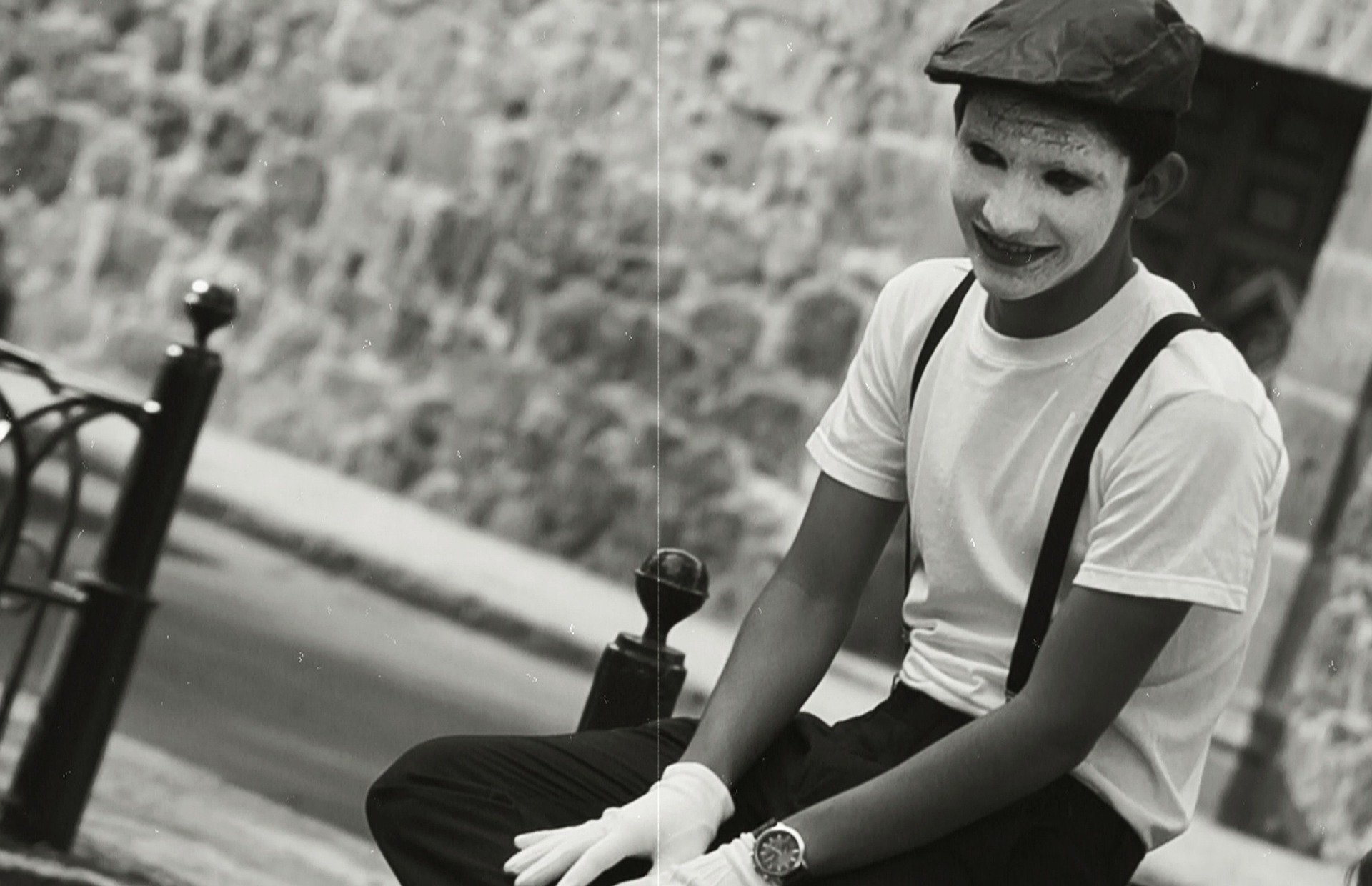A Modern Symphony: The Resurgence of Classical Music in Pop Culture
Introduction: In an era dominated by electronic beats and auto-tuned vocals, the resurgence of classical music in popular culture is an intriguing phenomenon. This article delves into the history, current relevance, and future prospects of this unexpected trend.

The Cultural Symphony: Classical Music’s Historical Context
Classical music, born in the mid-18th century, has been a cornerstone of cultural expression for centuries. Mozart, Beethoven, and Bach, among others, shaped the genre, infusing it with an emotional depth and complexity that continues to captivate audiences. However, with the advent of new musical forms in the 20th century, classical music gradually lost its popular appeal, taking a backseat to jazz, rock, pop, and electronic music.
A Unlikely Encore: Classical Music’s Modern Relevance
Despite its decline in mainstream popularity, classical music has subtly woven itself back into popular culture. The genre has found its way into modern mediums, from film scores and television soundtracks to pop music and even commercials. This resurgence is not just limited to the traditional compositions; classical techniques and instruments are also being incorporated into contemporary music, creating a unique fusion that resonates with audiences.
The Maestro of Change: Current Developments and Updates
The film industry has played a key role in classical music’s resurgence. Iconic film scores like Hans Zimmer’s “Inception” or John Williams’ “Star Wars” series have brought classical music to new generations of listeners. Meanwhile, pop artists like Lady Gaga and Clean Bandit have utilized classical elements in their music, further popularizing the genre.
Impact and Reception: The Sound of the Future
The impact of this resurgence is manifold. On one hand, it has made classical music accessible to a wider demographic, breaking down the stereotype of it being an elitist genre. On the other hand, it has also fostered a renewed interest in classical music studies. The genre’s reception amongst the modern audience is overwhelmingly positive, with more and more people appreciating the depth and beauty of classical music.
The Final Movement: Significance and Future Prospects
The resurgence of classical music in popular culture signifies a shift in musical tastes, indicating a growing appreciation for complexity and depth in music. As this trend continues, we may see a further blurring of genre lines, with classical music influencing more aspects of popular culture.
In conclusion, the resurgence of classical music in popular culture is a testament to the genre’s timeless appeal. As we continue to witness its influence in various mediums, one thing is clear: classical music, once thought to be a relic of the past, is crafting a symphony for the future.




